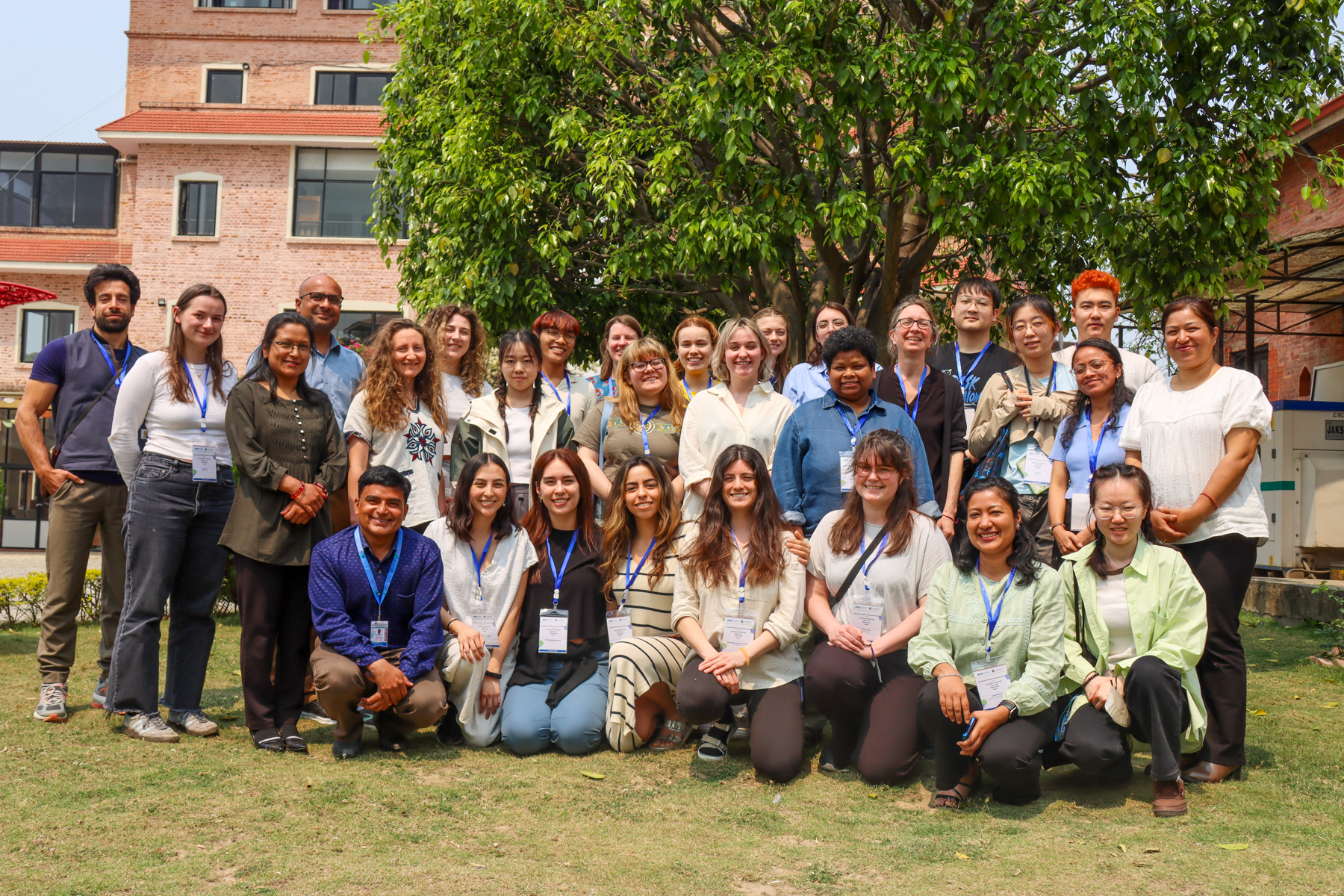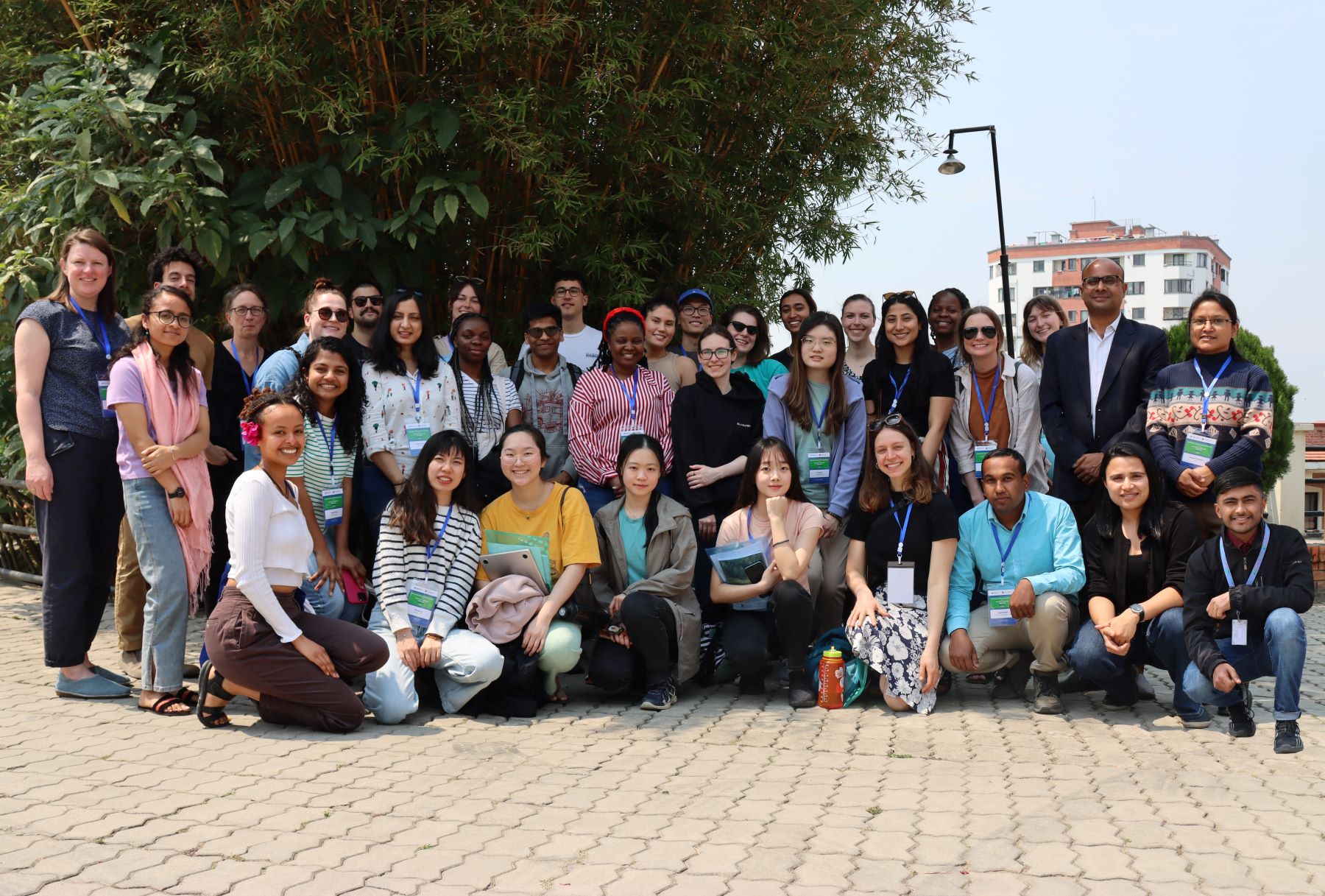Project Name: Climate Adaptive Water Management Plans for Cities in South Asia (CAMPS)
Project Leader: Professor Roshan Man Bajracharya
Partners and Collaborators: Southasia Institute of Advanced Studies (lead institution, Nepal), Centre for Ecology, Development, and Research, India (India); University of New South Wales (Australia), University of Sydney (Australia), Tata Institute of Social Sciences (India) and International Union for Conservation of Nature (Nepal)
Duration: 36 months (Starting from 1 April 2016)
Brief Description of the Project: Climate Adaptive Water Management Plans for Cities in South Asia (CAMPS) investigates urban water insecurity under changing climate in small to medium sized cities in Nepal and north India, and demonstrates governance and city-scale planning strategies for adaptive and equitable management of urban water systems. The specific objectives of the project include: Analyze existing water management systems in four case study cities to identify water management problems and adaptation issues and opportunities in relation to (a) existing and predicted impact of climate change on water cycles, (b) city-level planning and governance context, and (c) socio-economic trends of urbanization in the region, and c) day-to-day water use practices; Explore, develop and pilot CAEWMPS focusing on priority critical water zones of the four cities adopting collaborative, participatory action and learning approach; Investigate city-scale planning and institutional change pathways for mainstreaming CAEWMPS, with particular reference to economic incentives, transformative knowledge partnerships through collaborative research, onsite trainings and workshops, and institutional innovations; Analyze policy and regulatory barriers to CAEWMPS in the context of Nepal and the two States in India, and demonstrate actionable policy improvement pathways for up-scaling CAEWMPS through active and collaborative engagement of different stakeholders including local government; Develop and disseminate scientific outputs in aspects of a) governance of critical urban water zones, b) reframing institutions for urban water system adaptation, c) effective planning pathways for urban water adaptation, c) gender sensitive urban water management, d) policy directions for effective and inclusive urban water systems adaptation, e) economic analysis of climate adaptive water management options, and f) analysis of everyday practice of urban water use.
The focus of the research is on meeting adaptation deficits in the small to medium-sized cities where demographic pressure and environmental stresses are particularly acute. The research results are expected to help decision-makers understand the consequences of climate change on water resources, agriculture, and economic activity, and, take actions to improve the ability of communities, governments, and the private sector by adapting to the uncertain, rapidly evolving risks, and environmental threats related to our changing climate. The overall objective of the project is to generate lasting local water solutions, bringing choice and change to those who need it most in the developing world by investing in knowledge and innovation, supporting the leaders of the future, and being a partner of choice for the public and private sectors for the impacts of large scale.
Nepal: Dhulikhel and Dharan
India: Haldwani and Dehradun
Project Team:
Project Coordinator: Mr. Ngamindra Dahal
Project Research Coordinator: Dr. Chandra Lal Pandey
Researcher: Mr. Kamal Devkota
Researcher: Mr. Kaustuv Raj Neupane
Researcher: Ms. Suchita Shrestha
http://camps.sias-southasia.org/
For more details about the project Publications
Policy Briefs
- Securing Dharan’s water future under changing climatic conditions
- Towards Local Water Security
- Climate Adaptive Water Management Practices in Small and Midsized Cities of Nepal: Case Studies of Dharan Dhulikhel
- Economics of Climate Adaptive Water Management Practices in the Hill Towns
- Understanding engagement of the private sector in urban water management
Journals
- Water Governance Rapidly Urbanising Small Town: A Case of Dhulikhel in Nepal.
- Investigating the Institutional Landscape for Urban Water Security in Nepal
- Temporal Changes in Precipitation and Temperature and their Implications on the Streamflow of Rosi River, Central Nepal.
- Economics of climate adaptive water management practices in Nepal
Posters
- Sustainability of a Negotiated Agreement with Upstream Community for Water
- City level water forums:Exploring innovations to address ‘too much and too little water’ in Dharan, fast urbanising city of Nepal
- A Guide for Construction of Climate Adaptive Research Pit (CARP)
- Impact of Land Cover on Water Quality of Sardu River, Dharan Sub-Metropolitan City, Nepal




